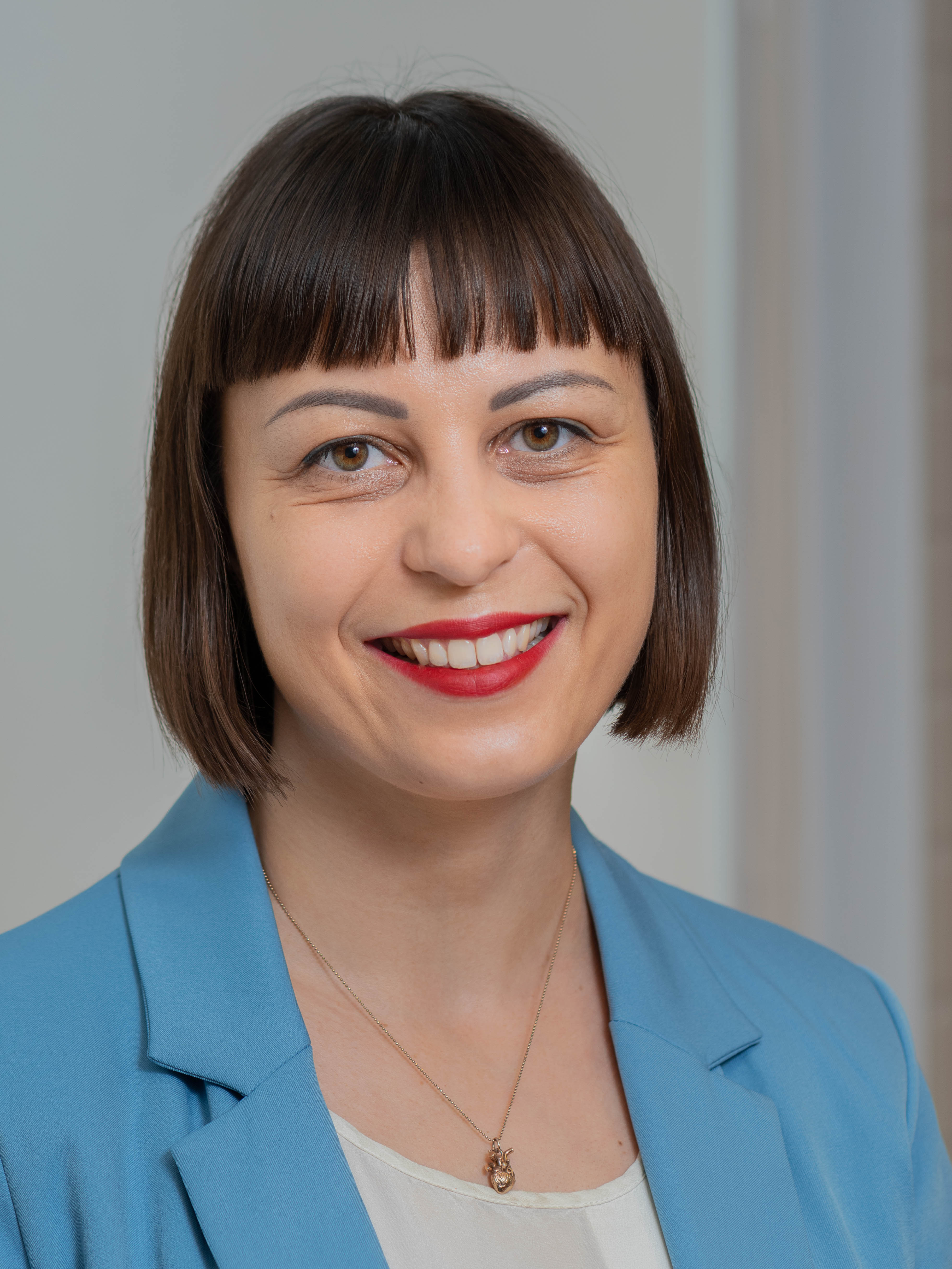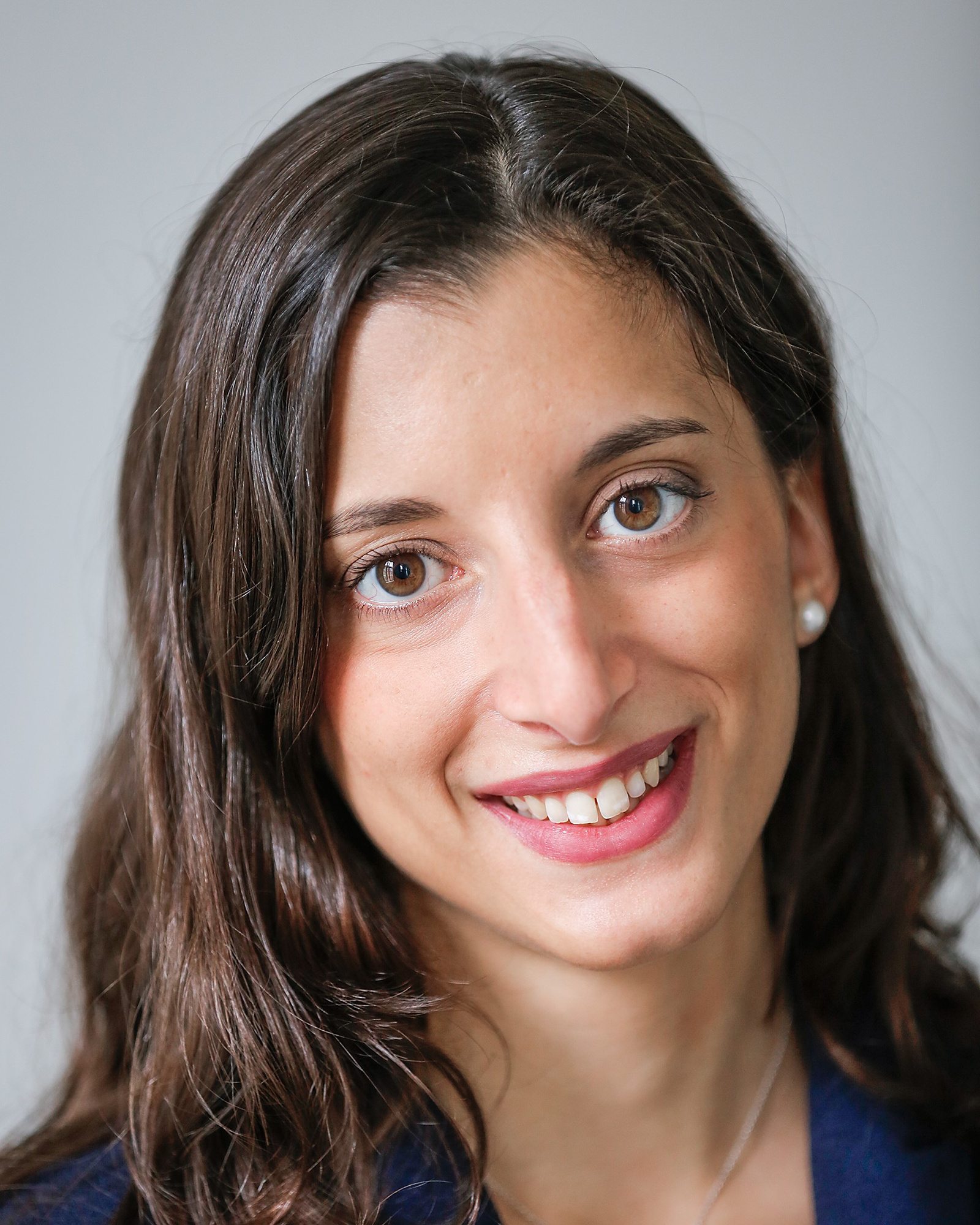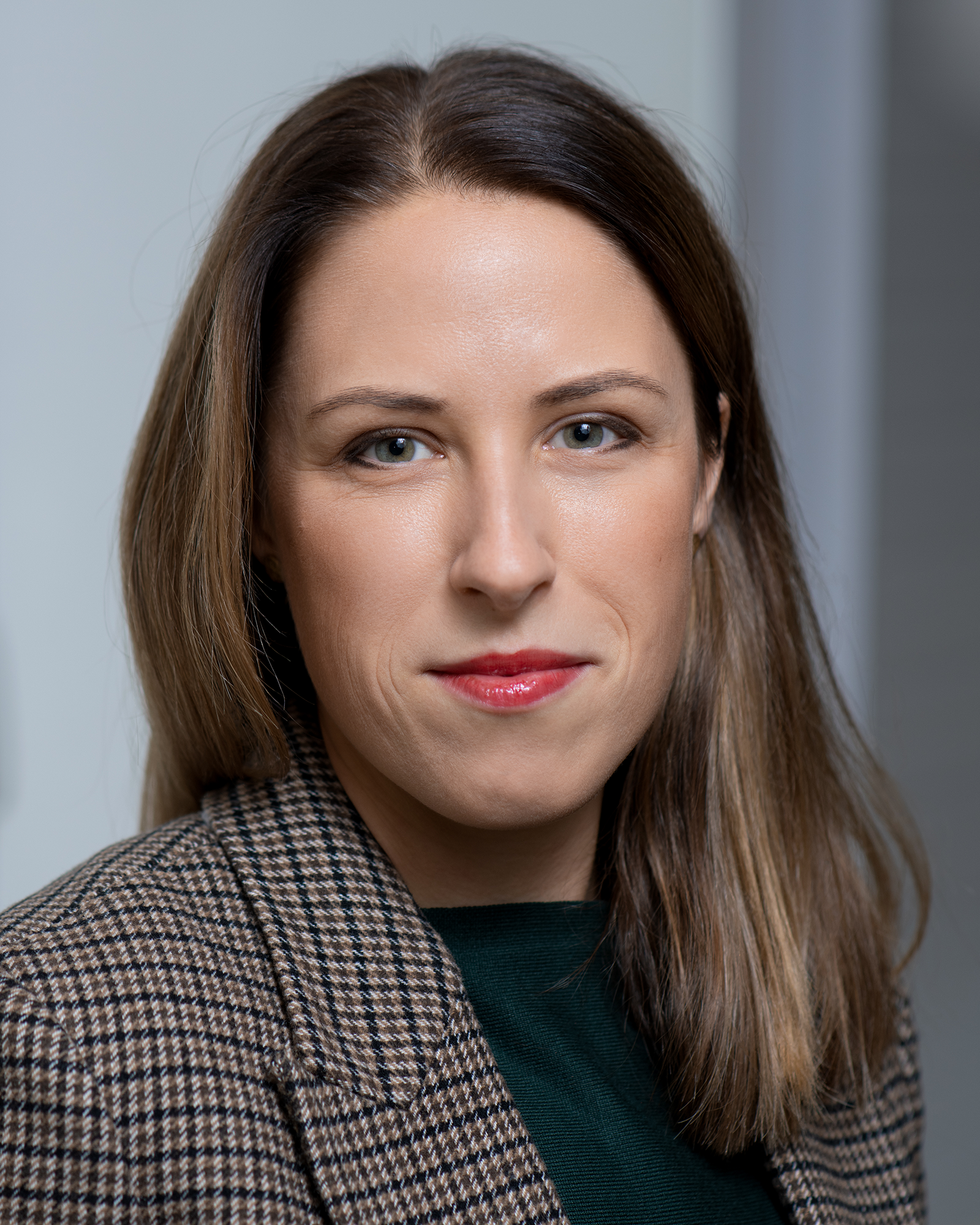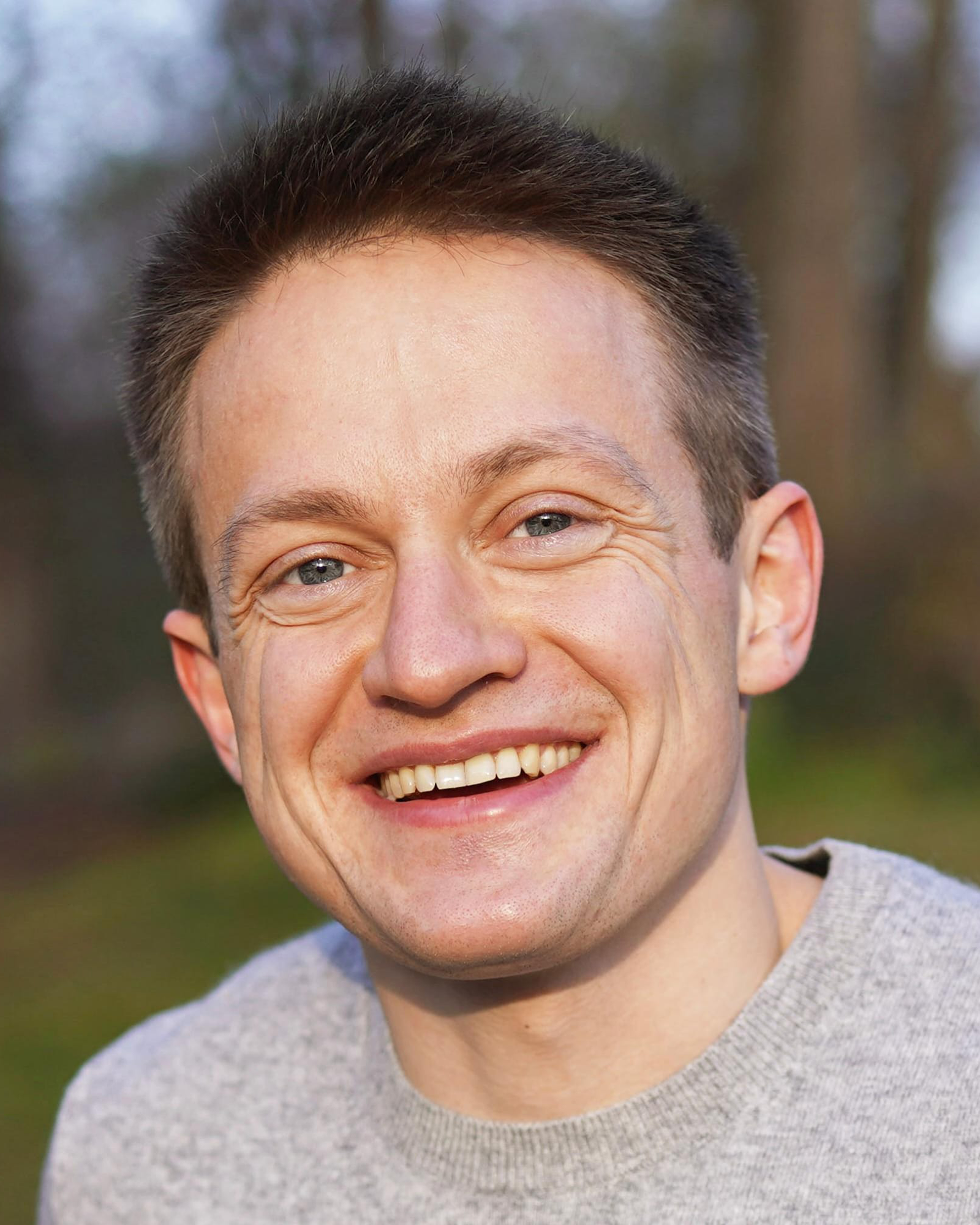Recent publications
(2020) Joye, Y., & Fischer, M. Natural Beauty Moves. Aesthetically Rewarding Nature Motivates to Work on a Mindless Task – a Preregistered Study. 10.31234/osf.io/q5trp
(2020) Vohs, K. D., Schmeichel, B. J., Lohmann, S., Gronau, Q., Finley, A. J.... Joye, Y., … Wagenmakers, E.-J., & Albarracín, D. A multi-site preregistered paradigmatic test of the ego depletion effect. Psychological Science. In press.
(2020) Joye, Y., Bolderdijk, J. W., Köster, M. A., & Piff, P. K. A diminishment of desire: Exposure to nature relative to urban environments dampens materialism. Urban Forestry & Urban Greening, 54, 126783.
(2018) Joye, Y., & Dewitte, S. Nature’s broken path to restoration. A critical look at Attention Restoration Theory. Journal of Environmental Psychology, 59, 1 – 8.
(2016) Joye, Y., Steg, L., Ünal, B., & Pals, R. When Complex Is Easy on the Mind: Internal Repetition of Visual Information in Complex Objects Is a Source of Perceptual Fluency. Journal of Experimental Psychology: Human Perception and Performance, 42, 103-114. [awarded by APA as “Particularly Exciting Experiments in Psychology”]
(2016) Van den Berg, A. E., Joye, Y., & Koole, S. L. Why viewing nature is more fascinating and restorative than viewing buildings: A closer look at perceived complexity. Urban Forestry & Urban Greening, 20, 397-401.
(2016) Joye, Y., & Dewitte, S. Up speeds you down. Awe-evoking monumental buildings trigger behavioral and perceived freezing. Journal of Environmental Psychology, 47, 112 – 125.
(2015) Joye, Y., & Bolderdijk, J.W. An exploratory study into the effects of extraordinary nature on emotions, mood, and prosociality. Frontiers in Psychology, 5, 1577.
(2014) Verpooten, J. & Joye, Y. Evolutionary interactions between human biology and architecture: insights from signaling theory and a cross-species comparative approach. In: Pléh C., Csibra G., Richerson P. (eds.), Naturalistic Approaches to Culture. Budapest (Hungary): Akadémiai Kiadó.
(2013) Joye, Y., Pals, R., Steg, L. & Lewis-Evans, B. Developing and testing new methods for capturing fascinating nature experiences. PLoS ONE 8, e65332.
(2013) Joye, Y. & Verpooten, J. An exploration of the functions of religious monumental architecture from a Darwinian perspective. Review of General Psychology, 17, 53-68.
(2013) Haji, I., Cuypers, S.E. & Joye, Y. Architecture, Ethical Perception, and Educating for Moral Responsibility. Journal of Aesthetic Education, 47, 1-23.
(2012) Brengman, M., Willems, K. & Joye, Y. The Impact of In-Store Greenery on Customers. Psychology & Marketing, 29, 807-821.
(2012) Van den Berg, A.E., Joye, Y. & de Vries, S. Health Benefits of Nature. In L. Steg, A.E. van den Berg, & J.I.M. de Groot (eds.), Environmental Psychology: An Introduction. Oxford, UK: John Wiley and Sons.
(2012) Joye, Y. & Van Den Berg, A. Restorative environments. In L. Steg, A.E., Van den Berg & J.I.M. de Groot (eds.), Environmental Psychology: An Introduction. Oxford, UK: John Wiley and Sons.
(2012) Joye, Y. Can Architecture Become Second Nature. An Emotion-Based Approach to Nature-Oriented Architecture. In P. Hasbach, P. Kahn & J. Ruckert (eds.), Ecopsychology: Science, Totems, and the Technological Species. Cambridge, MA: MIT Press.
(2011) Joye, Y. & Van den Berg, A. Is love for green in our genes? A critical analysis of evolutionary assumptions in restorative environments research. Urban Forestry & Urban Greening, 10, 261-268.
(2011) Joye, Y. & De Block, A.“Nature and I are two”: a critical examination of the biophilia hypothesis. Environmental Values, 20, 189-215.
(2011) Joye, Y. Biophilia in Animal Assisted Interventions – Fad or Fact? Anthrozoös, 24, 5-15.
(2011) Joye, Y., Poels, K. & Willems, K.“Evolutionary Store Atmospherics” – Designing with Evolution in Mind. In G. Saad (ed.), Evolutionary Psychology in the Business Sciences. Heidelberg: Springer.
(2011) Joye, Y. Biophilic design aesthetics in art and design education. Journal of Aesthetic Education, 45, 17-35.
(2011) Joye, Y. A critical review of the presence and use of fractal geometry in architectural design. Environment & Planning B, 38, 814 – 828.
(2010) Joye, Y., Willems, K., Brengman, M. & Wolf, K. An Exploratory Inquiry into the Effects of Urban Retail Greenery on the Consumer Experience. Urban Forestry & Urban Greening, 9, 57 - 64.
(2010) De Block, A. & Joye, Y. Is the Cannibal a Good Sport? In J. Ilundáin (ed.), Cycling and Philosophy. Oxford, UK: John Wiley and Sons.
(2007) Joye, Y. Architectural Lessons from Environmental Psychology. The Case of Biophilic Architecture. Review of General Psychology, 11, 305-328.
(2007) Joye, Y. Fractal architecture could be good for you. Nexus Network Journal, 9, 311- 320.
(2007) Joye, Y. & Van Loocke, Ph. Motivating biomorphic constructions based on complex systems science. Systems Research and Behavioral Science, 24, 103-114.
(2006) Joye, Y. Some reflections on the relevance of fractal art for art therapy. The Arts in Psychotherapy, 33, 143-147.
(2006) Joye, Y. Evolutionary and cognitive speculations for biomorphic architecture. Leonardo, 39, 145-152.
(2006) Joye, Y. An interdisciplinary argument for natural morphologies in architectural design. Environment and Planning B: Planning and Design, 33, 239-252.
(2006) Van Loocke, Ph. & Joye, Y. Symmetry breaking in fields as a methodology for three-dimensional fractal form generation. Computers and Graphics, 30, 843-853.
(2005) Joye, Y. Evolutionary and cognitive motivations for fractal art in art and design education. International Journal of Art and Design Education, 24, 175-185.
(2003) Van Loocke, Ph. & Joye, Y. Editorial Introduction – Organic aesthetics and generative methods in architectural design. Communication and Cognition, 36, 131-133.
(2003) Joye, Y. Organic architecture as an expression of innate environmental preferences. Communication and Cognition, 36, 391-429.


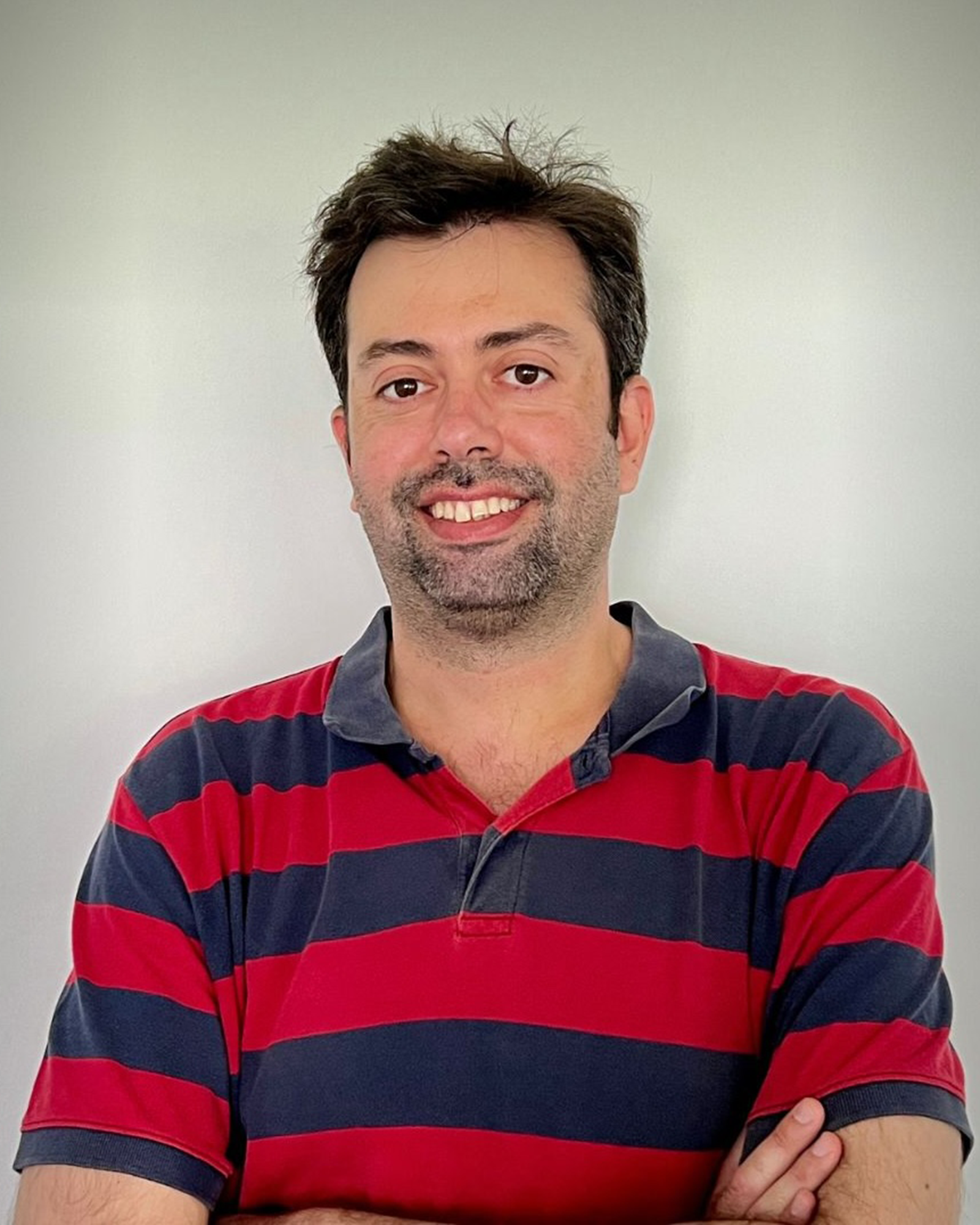 Guillermo Hausmann Guil (PhD, University of Virginia)
Guillermo Hausmann Guil (PhD, University of Virginia)




